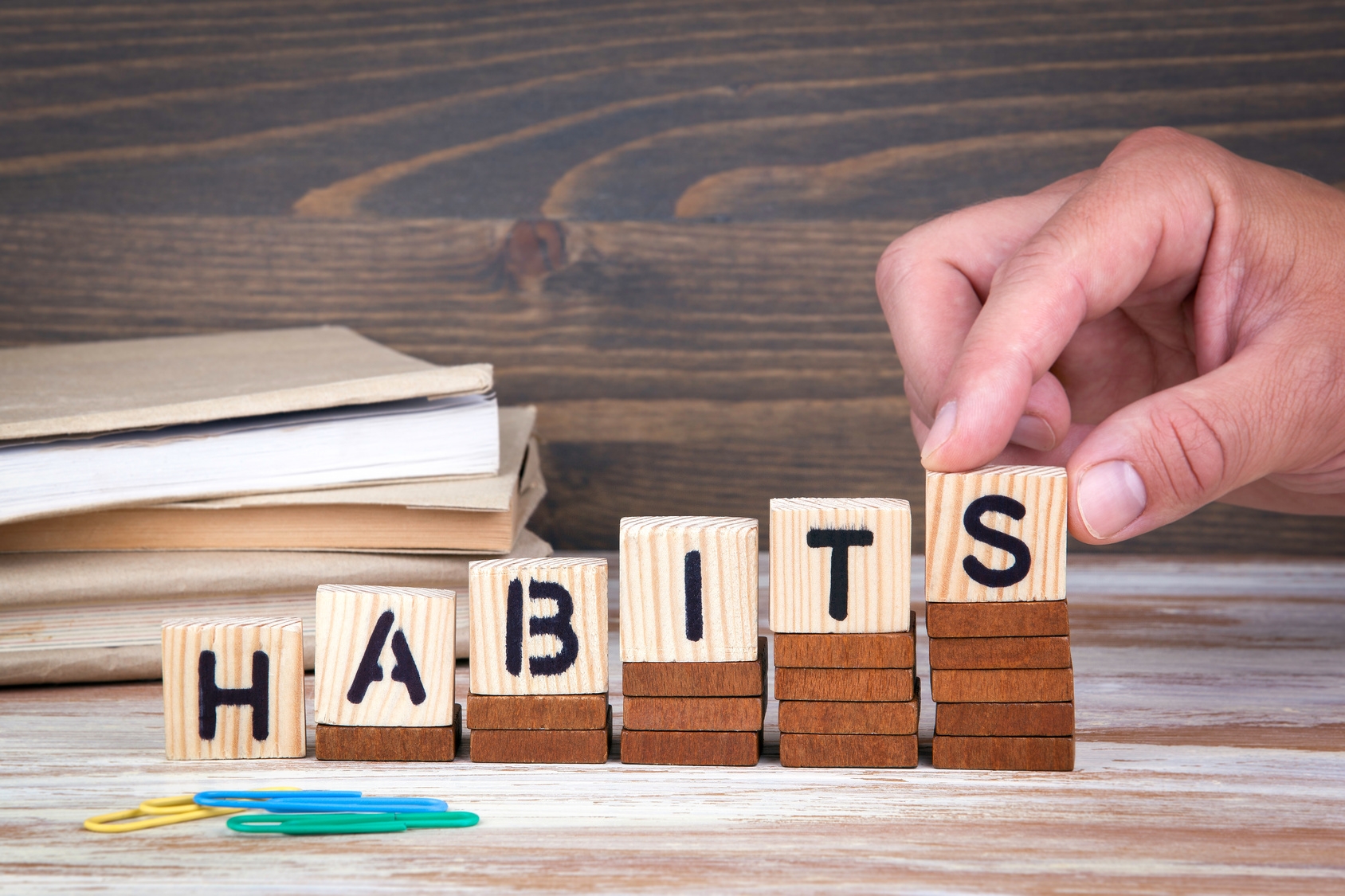Procrastination seems harmless at first, but when you look back a year later—or even a day later—you realize that you could have achieved so much more. By getting rid of your procrastination tendencies forever, everything will become more controllable. The most obvious place where procrastination will affect you is at work, but you have to start eliminating procrastination in all areas of your life and not just at work. This is because procrastination, like the common cold, spreads quickly.
Important tips to get rid of procrastination:
1. Change your habits:
The first step in eliminating procrastination is simply changing or adjusting your habits. Procrastination is linked to your energy levels, and changing some habits can help you stay more active during the day. For beginners, emphasis should be placed on scheduling sleep and diet. When you get enough sleep and eat the right nutrients, you will have the physical and emotional energy needed to deal with the most difficult tasks—at least you will feel you can do them. It is a simple and common solution, but it will inevitably work.

Other habits include organizing and maintaining mental health. Any positive habit you can instill in yourself will help you get rid of procrastination and put your physical and intellectual focus on the right thing.
2. Tell others about your progress:
Accountability goes a long way toward turning procrastination into productivity. When you have people reporting on the work you do, you are likely to push yourself to be prepared to avoid letting them down. In addition, they will be able to make sure that you are making progress and that the people you tell about what you do—including you—will be able to count on you.
Choosing someone to hold you accountable depends on the nature of the task you keep procrastinating on, and for work-related tasks, you probably have a team leader or manager already supervising you.
If you don't have someone to report on the work you do directly, ask someone if they can help you stay responsible for your projects and your duties. Who do you choose to make you a responsible person? If you are trying to lose weight, one of your close friends or your partner will make you a good workout partner, or at least they can check to see if you have achieved your goals.
You can report on your workouts and daily meals with an app and coordinate times to go to the gym with your calendar.
3. Create a sense of urgency:
Tim Urban, the host of the "Ted Talk" segment "Inside the Mind of a Master Procrastinator," which has a following on YouTube, employs humorous and current analogies to analyze the procrastinator's mind. It's a presentation worth watching, but we'll only learn one crucial fact from it.
Urban says, "Nothing can drive the procrastinator to work like a sense of urgency." You probably felt the urgency that Urban describes when the deadline was looming, and maybe there's a school assignment that you have to accomplish all week, but the sense of urgency didn't come until the night before. To stop this vicious cycle, create a sense of urgency and necessity.
Incentives are an effective means of stimulating a sense of urgency when all other factors fail. You can promise yourself a nice reward or a much-needed break if you complete that task you've been avoiding all day.
4. Divide your tasks:
One example Tim Urban used in his presentation was his undergraduate thesis. Although he was given months to work on this 90-page writing task, he was unable to start the project until three days before the deadline.
To avoid the stress and anxiety Urban must have felt during those short days of insomnia, try to break down your large tasks and projects into manageable chunks. By doing so, you can set short-term deadlines for completing parts of the project.
Take this thesis as an example. If you had to write 90 pages over the course of three months, it would be easy to plan to write one page each day. This sounds more rewarding, and it takes a lot of short deadlines to instill some urgency in your work ethic.
5. Schedule rest periods:
Procrastination doesn't just happen over long periods; you can postpone a task until the end of the day or even an hour while procrastinating. Some small matters may seem less important, but they accumulate over time and negatively affect your level of productivity.
What drives you to procrastinate all day? For most people, there may be a keen desire to spend time on social media, but if you keep using your mobile phone all day, you will inevitably postpone your deadlines until the end of the day, and you will waste a lot of time.
Instead of letting your phone or other distractions control you in this way, try scheduling breaks using your calendar, then focus your efforts on avoiding checking phone notifications or walking around to grab a snack until your scheduled break time, and then instead of letting yourself get pulled for every distraction, make sure you do at least something.
6. Visualize your goals:
Most people have goals and aspirations in life, yet few take the initiative to achieve them. Procrastination is a big reason why you haven't achieved those dreams yet. One way to stop procrastinating on your goals is to visualize them. This could be something as simple as putting up a picture of your family or your dream home in your workplace. A constant visual reminder helps motivate you to keep moving forward, even when your subconscious mind wants you to keep working backward.
You can accomplish a lot in your life if you can overcome procrastination. It will be a long journey, but small improvements every day will pave the way for 2022 success.






Add comment